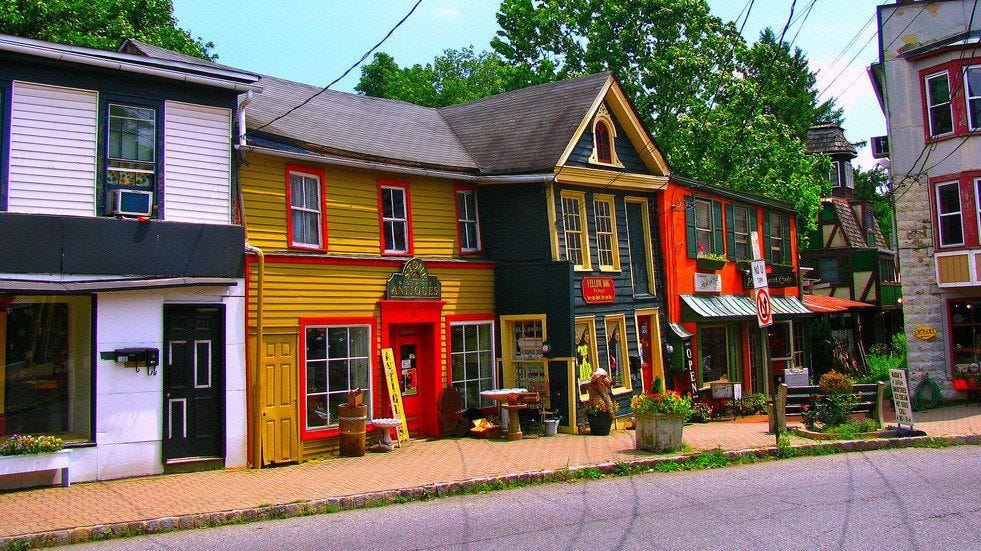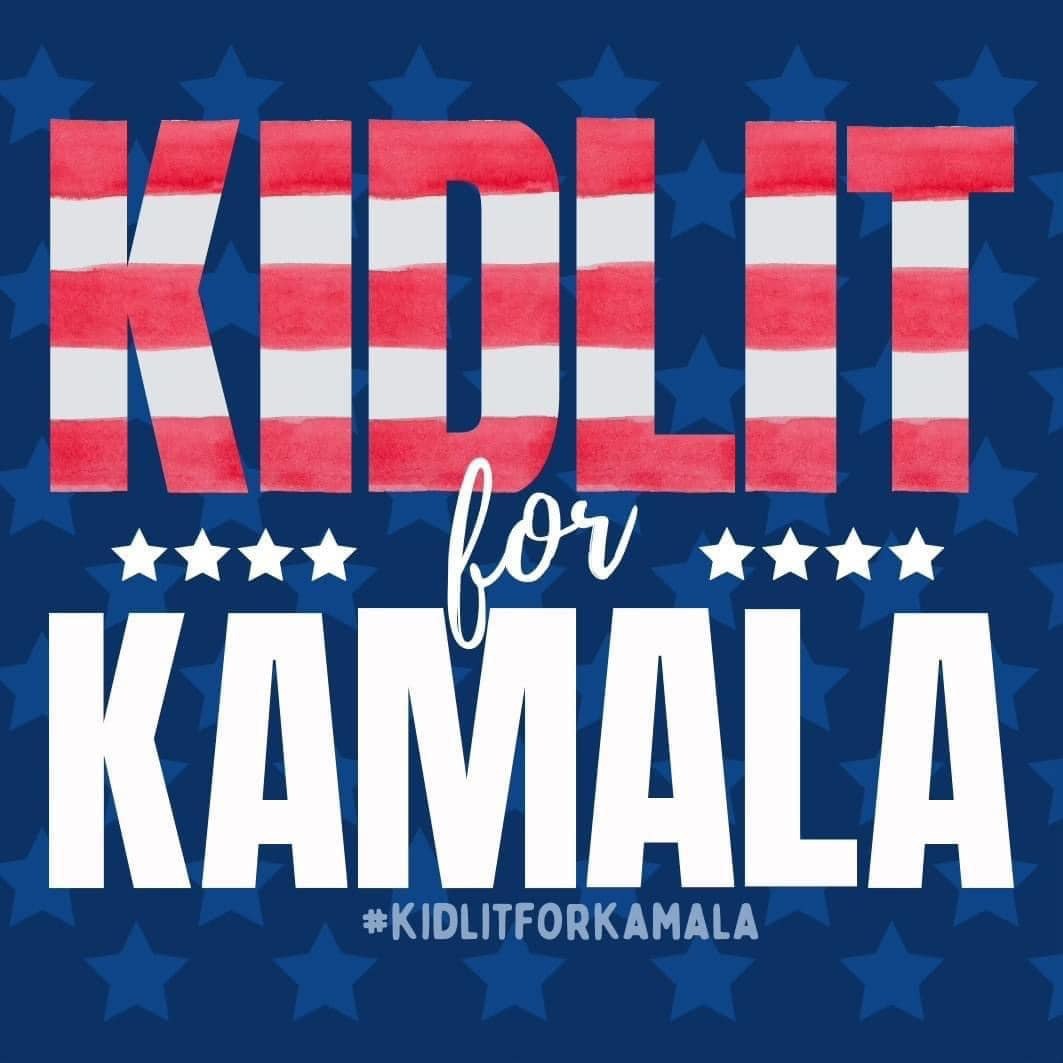The largest town I’ve ever lived in has a current population of about 1,300. This is my hometown, Frenchtown, NJ, which was a drive-thru town when I was a kid but is now an international destination. I honestly don’t know what people do there all weekend. It’s but one main drag and everything is quiet by 8pm. The next largest town I’ve lived in is 1,200 people and right up the river in Milford, NJ, where my kids partially grew up and went to school in a walking only district with a K-8th grade building that had less than 150 students total. Welcome to the rural River Towns of Western Central New Jersey, which are surrounded by woods and farms, and cradled by the Delaware River. There is nothing commercial there, you have to drive 25 minutes or more to a nice grocery store, and in a lot of places you can’t get a pizza delivered. But you can get to NYC or Philly in just over an hour. It’s the best of both rural and urban worlds, an idyllic and extremely expensive place to live.

But living in these towns only comprises about a third of my life, and the rest of it was spent in more rural New Jersey and Pennsylvania along the Appalachian Mountains, and more recently in the Potomac Highlands of West Virginia. Needless to say, in all my near fifty (gah!) years, I have always chosen rural. As a child, the woods, streams, and animals—both domestic and wild—were my entire world. And as an adult, they kind of still are. At random times in my life, I’ve toyed around with the idea of living in a big city for a year. Just giving it a go. I know I’d love the walking part—that’s always been a very attractive part of living in a town or city—and I know I’d love the variety of things to do right outside my door. But I’m also pretty sure it would wear me down very quickly and since I didn’t do it in my twenties or thirties when I’d had more energy and tolerance, I think that ship has sailed. I enjoy visiting cities now and then. I don’t need to live in one. Even when we traveled all over Scotland, I loved Edinburgh and Glasgow, but very quickly just wanted to move onto the Highlands and see grass.
People in rural areas are written off very quickly by political parties, total industries—like publishing—and everyday people who assume intelligent people choose a more urban life. It’s unfortunate that we are all so comfortable to live in our little bubbles and assume our way of life is the only right way of life. Or that a choice in location necessarily has anything to do with politics. I’ve lived in red states, or purple areas of states, my entire life now. I’ve been registered with three different parties and voted in various ways, often reflecting my own maturity and understanding of the process and policies that affect me and all people.
There’s still so much room for growth and as I get older I believe the real work is feet on the ground even more so than voting for a president. I’m reading the book When Breath Becomes Air, and Paul Kalanithi writes: “Moral speculation [is] puny compared to moral action.” That’s my next personal feat, where I’d like to grow the most. I write about women who’ve changed the world from the comfort of my couch; I’d like to be one of those women who at least try to make a difference in a tangible way. I’m not really sure where to start or how to gain that kind of courage—because for me it will take courage. I barely talk to strangers at the market, let alone organize, protest, speak, or publicly do anything remotely political. Perhaps this is why I prefer the woods—less challenge. To be a changemaker—using my privilege for myself and others—would be leveling up.
Of course, living where I do makes this seem even more of a feat. When we first moved to West Virginia in 2019, my husband was at a neighbor’s house for some reason I can’t remember and the neighbor said, “Like my flag?” It was a huge, obnoxious Trump flag billowing off his deck. Joe looked at it, looked back to neighbor and said, “No, actually. Not really.” We’re pretty sure he figured Democrats had moved in, considering our bright yellow NJ license plates, and it was a poke. But Joe is not a bear, and so everyone went on their merry way of pretending the other doesn’t exist. I’m not sure what I would have said in that situation, though I also have the feeling the guy would have prodded me with a different show of toxic masculinity.
It’s a strange to be a freckle of blue in a sea of red. But here we are. And we love our home, our community—even if they never embrace us fully—and this state. We never expected to land in West Virginia, but sometimes what you don’t expect becomes something worth holding on to. Living in a little wildlife haven among the mountains is worth the sometimes uncomfortable comments, actions, and beliefs of other people. It reminds you that the bubble is false. Besides, even though many assume red states are all red, there are countless others among them. Just like even though many assume Appalachia is all white, they would be wrong. This country contains multitudes, in all intersections and boulevards, in all hills and hollers, none of which should be written off. Although it feels like an insurmountable cause, I hope our next president is able to unify us a bit more and drive home the truth that unless we can embrace the multitudes, unity isn’t possible. But even more so, we need step out of our safety zones and meet people who are different than us and be willing to listen and understand. I’m trying to get better at this, and I’m going to keep voting for who I think agrees.




